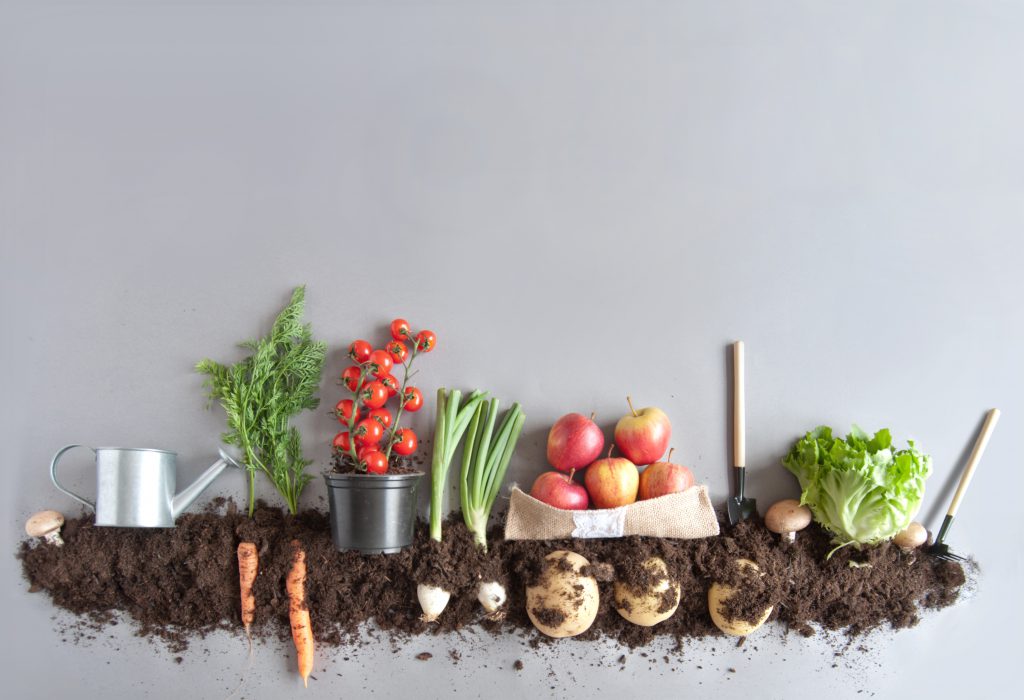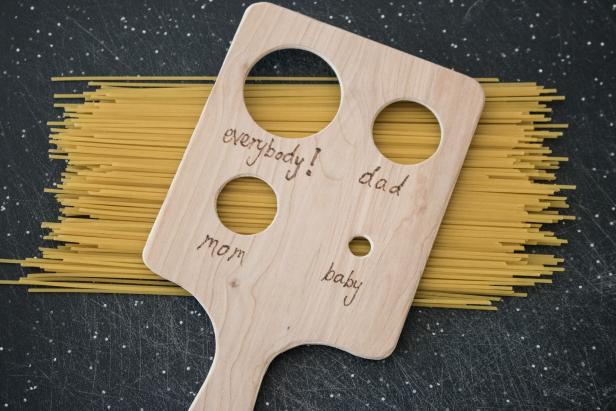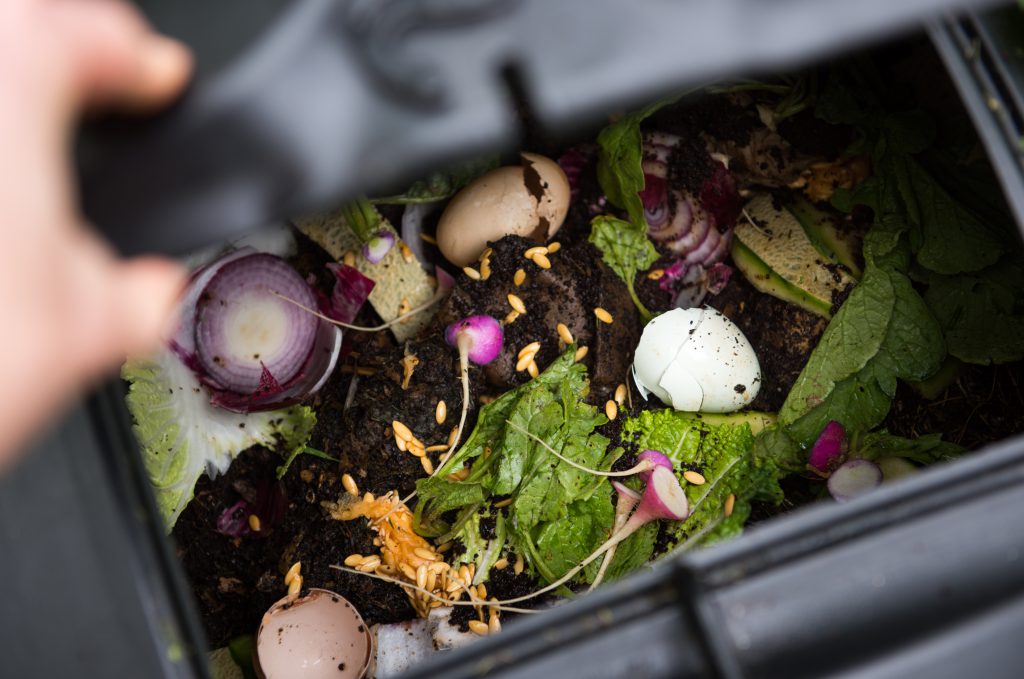Food wastage is a cause for concern in many countries, including Singapore. According to a study by the National Environment Agency, approximately 85 percent of our population eat out at least once a week, with roughly 1 out of 10 eating out every day. Carbohydrate items such as rice and noodles are two of the most commonly wasted food items. In addition to large food portions, another reason for unfinished food can be traced to over-ordering, a behavior that results from the need for variety.

When it comes to combatting food wastage, we all have a part to play. Besides refraining from over-ordering, here’s how you can adopt a zero food waste lifestyle!
1. Control Your Portion Size
When eating out, ask for less rice or noodles, if you find that portions are too large and you regularly end up throwing away the leftovers. And if you are preparing your own meals at home, use measurement tools to help you gauge how just much you need.

Photo Credit: DIY Network
An example would be a spaghetti measuring tool. It’s easy to over-gauge the amount of pasta needed, and this handy tool helps to apportion the right serving you require.
If you still end up cooking too much, place the extra portion aside and share it with your neighbours next door. What better way to get to know them, than over food.
2. Clear Out the Fridge
When was the last time you did a thorough sweep of the fridge? Chances are, it’s been too long. Expired food is a common reason for food wastage, so the next time you grocery shop, be sure to check the fridge first.
Bought a brand new bottle of chilli sauce only to find another in the fridge? Instead of throwing out duplicate food items or those that you have not consumed, stop by a community fridge and donate the food instead. You can drop your groceries in these community fridges that are located throughout our island, including Yishun, Tampines, Admiralty, Teck Whye, Queenstown and Farrer Park. When doing so, be sure to separate halal and non-halal foods into the respective fridges!
3. Waste Not, Shop Not

Herbs, spices, fruits and vegetables are grown across 1000 community gardens
Photo Credit: CNA
Before shopping for groceries from the local supermarket, make a stop at your local community garden. These gardens are maintained by local residents and are open to the public on harvest days. The local Resident’s Committees (RCs) supervise the gardens and have different policies on the amount an individual can harvest, so be sure to familiarise yourself with their practices before helping yourself!
4. Compost Your Waste

Instead of simply disposing your leftovers, you can compost them and turn them into fertiliser for your plants or community garden even!
To start making your own compost, follow these steps below:
-
Set aside a bin or a container and place it in a well-ventilated location with where it can get lots of sunlight. Examples include the balcony and/or service yard.
-
Poke holes into the container to allow ventilation.
-
Separate your food waste into two categories: 1. ‘Brown’ waste that contains carbon content (dry leaves, sugarcane pulp, thick vegetable stems, cardboard boxes, newspaper, waste paper)and 2. ‘Green’ waste that contains nitrogen content (fruit peels, discarded vegetable parts, egg shells, tea bags, tea leaves).
-
Cut the waste into small pieces (the smaller they are, the faster they decompose).
-
Add the ‘brown’ waste first and ensure that it is slightly wet before compressing it.
-
Add the ‘green’ layer on top and ensure that the brown to green ratio is 3:1.
-
Alternate the layers until the container is full. You can add coffee ground at the top to remove odour (if any).
-
Remove the compost pile every week to aerate. Add more water if it is too dry.
-
Repeat process for three months – the fertiliser be dark brown/slightly black that feels soft and spongy.
The next time you think of throwing out your food, think what you could do differently.




